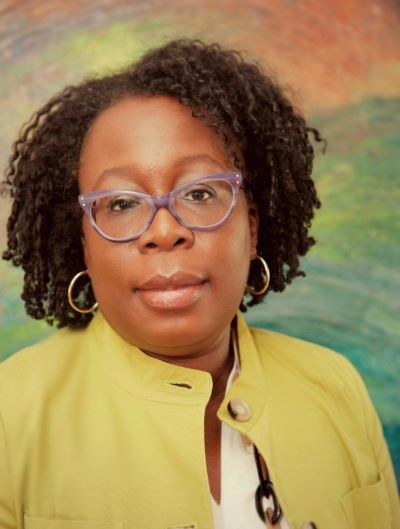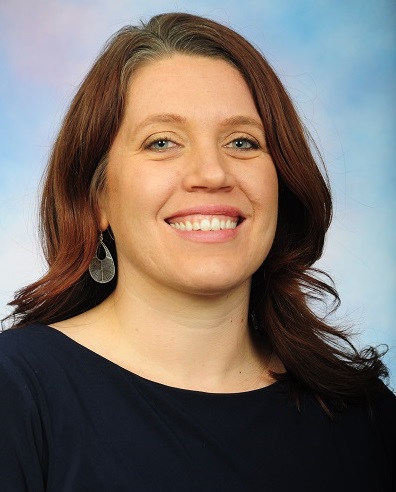The Michigan Health Endowment Fund has awarded research investigators a $100,000 Community Health Impact grant to support a new program addressing financial toxicity among cancer patients. Michigan Community Outreach to Address Financial Toxicity, or MI-COST, will build upon ongoing community outreach and engagement work underway within the Karmanos Cancer Institute’s Office of Cancer Health Equity and Community Engagement.
The objectives of MI-COST include developing a series of educational seminars on topics designed to help people with cancer and their caregivers navigate related financial barriers, and creating a website to provide patients and caregivers with financial information and resources. The Office of Cancer Health Equity and Community Engagement has been working closely with 11 Cancer Action Councils throughout Michigan to gather thoughts on what cancer patients need. CACs are groups of cancer survivors, caregivers and advocates who apply their knowledge about local cancer issues to improve the lives of patients, survivors and caregivers in their communities. In 2019, financial hardship was a theme that emerged in many CAC conversations.

“One of our roles in OCHECE is to connect our communities to our scientists and our scientists to our communities to ensure that there is community input into our cancer center’s research agenda,” said Hayley Thompson, Ph.D., co-investigator for the MI-COST program, associate center director for community outreach and engagement at Karmanos, and professor of Oncology at the Wayne State University School of Medicine. “One of those strategies for doing that includes having this network of CACs that represent different areas, different regions, different populations and different communities. They help us understand what to prioritize in cancer research based on the needs and the disparities they observe around them in their communities. When we mixed the councils into different subgroups, financial hardship emerged as a leading priority and the area they wanted to tackle as a larger network.”

Theresa Hastert, Ph.D., assistant professor of Oncology at the School of Medicine and member of the Population Studies and Disparities Research Program at Karmanos, is the principal investigator for MI-COST. Dr. Hastert has been approaching this opportunity from a research perspective, starting from the beginning conversations among the CACs. Instead of a more traditional method of creating a survey for CAC members to answer and the investigators making the determination of what’s needed based on the themes, she’s flipping the process.
“I have a lot of experience working with data that we've already collected, but data we collect through a survey is only as good as the questions we ask,” Dr. Hastert said. “By allowing the CAC members to communicate, we're getting richer information about how finances were an impact when cancer entered their lives and what would have been helpful to them at the time. And we’re incorporating this information into what we're doing. It’s a valuable and unique opportunity as a researcher to have your work be more impactful for the people you want to ultimately help.”
With the $100,000 grant, the investigators have begun developing seminars and a digital resource. A Community Advisory Board, which includes CAC members, cancer survivors, caregivers, providers and community organizations, will help determine topics and features that will be included.
Find more information about the Office of Cancer Health Equity and Community Engagement and its outreach in 46 counties throughout Michigan at karmanos.org/officeofcommunity.